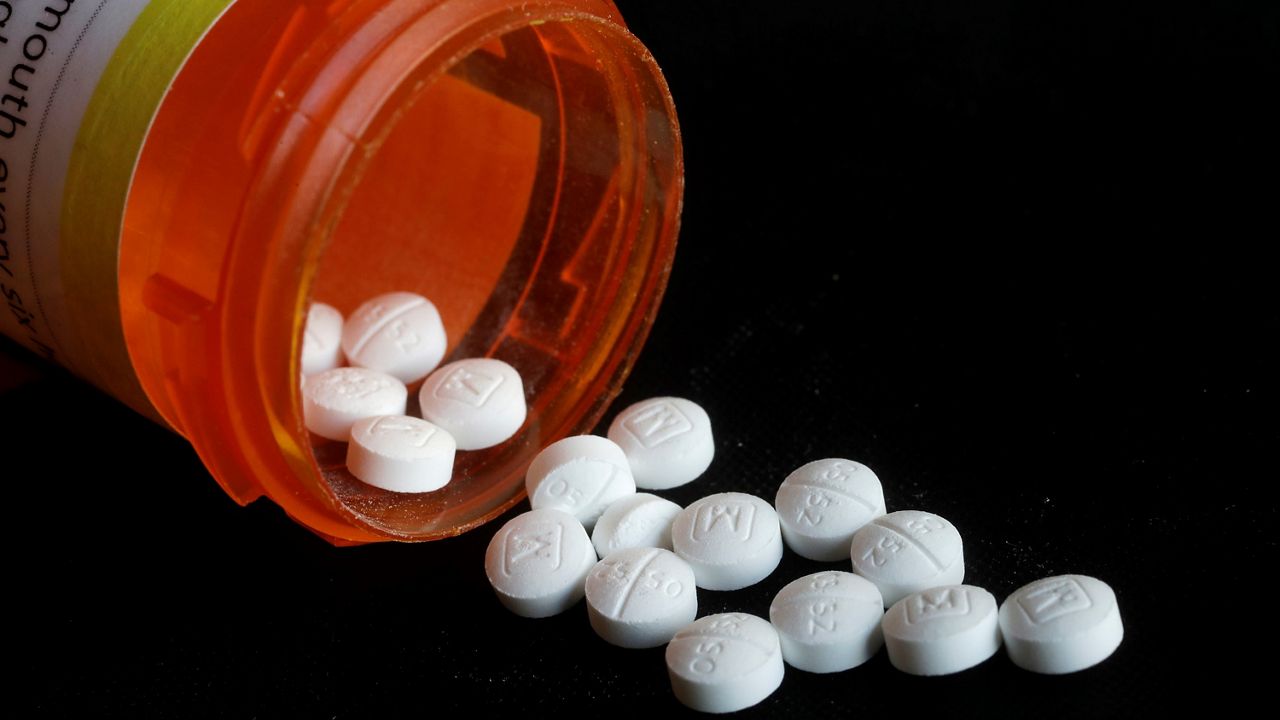Advocates in New York are making a renewed push to repeal a prescription drug change they worry will lead to higher costs under the state's Medicaid program.
At issue has been an ongoing battle over the state's 340B prescription drug program, and worries changes will lead to higher costs for community-based health care providers.
The program is meant to enable safety net providers to offer drugs for illnesses like HIV/AIDS and hepatitis at a discounted rate.
On Tuesday ahead of a gubernatorial debate between Gov. Kathy Hochul and Rep. Lee Zeldin, advocates released a video urging state officials to reverse the plan.
The video is meant to highlight the effect the change is having on low-income New Yorkers who rely on it for lower-cost drugs.
“When someone is homeless, it helps them to be housed. If someone is hungry, it helps them to be fed," said Brenda Starks-Ross, MA, RN, the deputy executive director/COO, The Alliance for Positive Change. "If someone’s viral load is high, it helps to suppress the viral load, and it helps them to be healthy … Without these services, people fall through the cracks; it’s imperative to have someone help them navigate through the system to make sure that all their needs are met so they can remain healthy.”
The video is the latest effort by advocates to draw attention to the issue.
“I’m HIV positive and I was homeless. I was living in the street, going from shelter to shelter, not really in care," Anthony Randolph, longtime client of the health care organization Harlem United. "The doctor gave me my prescription. I went across the street to fill it and there was an issue with it. I called Harlem United and within 15 minutes I got my medication ... Mine was a lucky story. Not everybody will be able to get that help. What happens to them?”
The change was first enacted during the administration of former Gov. Andrew Cuomo. State health officials have argued the changes will lead to an improved reimbursement process for pharmacists and make sure payment for services is approved.
“Overall, it is anticipated that it will result in a more efficient pharmacy reimbursement process, better consumer experience and ensure the most appropriate payment for services," the state Department of Health said earlier this year. "The 340B program is a Federal Program that is not being eliminated. The Department is working with the impacted groups and is committed to ensuring a smooth transition."
Pharmacists, too, have defended the changes, saying the move is not meant to hurt organizations that provide support for low-income people in New York. But they also point to the current funding system for prescription drugs as one that hurts independent pharmacists.




